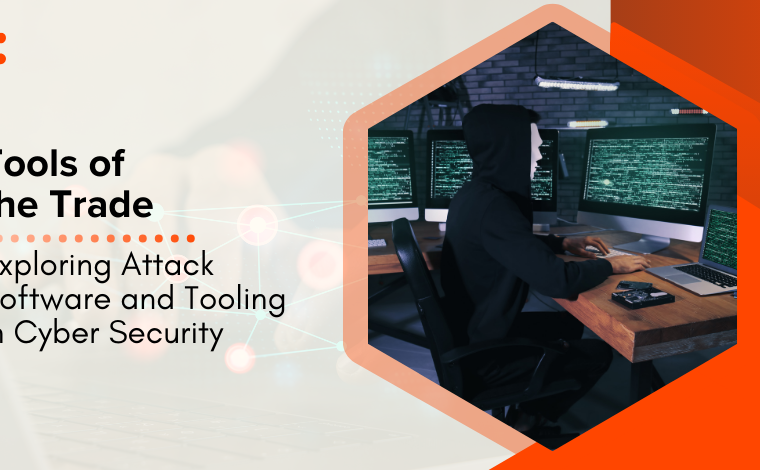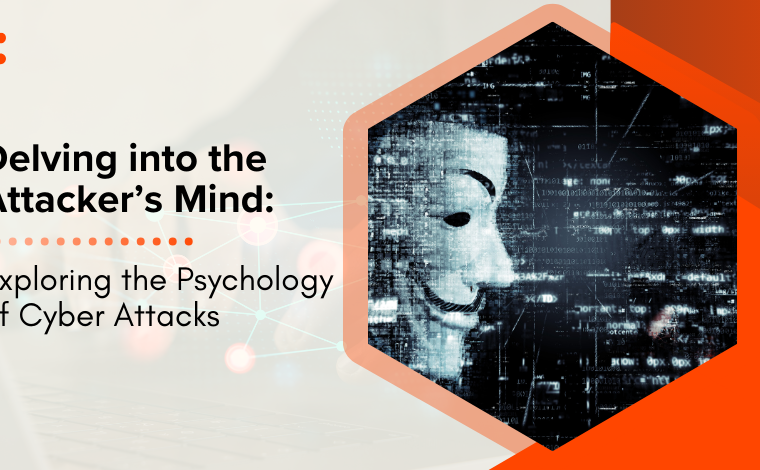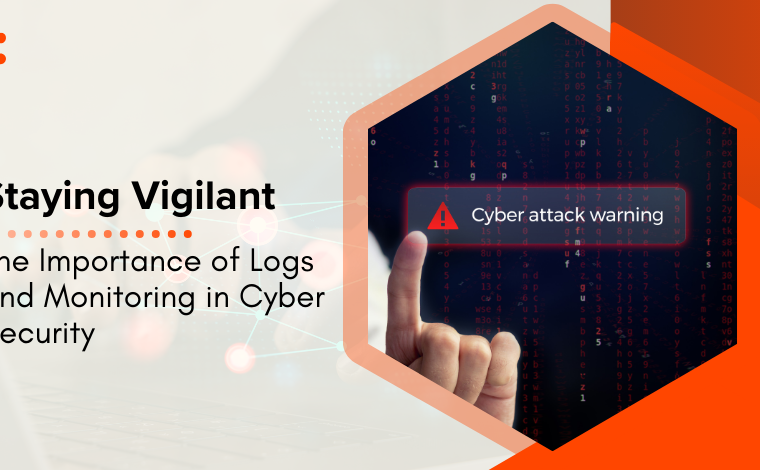Cyber Security in the Energy Sector: What You Need to Know

Stay Informed With Our Weekly Newsletter
Receive crucial updates on the ever-evolving landscape of technology and innovation.
The energy sector plays a crucial role in powering our modern society, providing the electricity and fuel necessary for our daily lives.
With the increasing digitisation and connectivity of energy infrastructure, the importance of cyber security in the energy sector cannot be overstated.
Understanding the importance of cyber security in the energy sector

Energy infrastructure, such as power grids and oil refineries, relies heavily on computer systems and networks to operate efficiently.
These systems control critical processes, such as power generation, distribution, and monitoring.
Any disruption or compromise of these systems can have severe consequences, ranging from power outages to environmental disasters.
Protecting energy assets from cyber threats is essential to maintaining a reliable and resilient energy supply.
The role of cyber security in energy infrastructure
Cyber security in the energy sector is crucial for protecting energy infrastructure against various threats, including unauthorised access, data breaches, and system disruptions.
Robust security measures, such as firewalls, intrusion detection systems, and encryption protocols, help safeguard sensitive information and prevent unauthorised individuals from gaining control of critical systems.
Key cyber security threats to the energy sector

Understanding the specific threats facing the energy sector is crucial for developing effective cyber security in the energy sector.
Let’s examine some of the most prevalent threats and their implications.
Phishing attacks and their impact
Phishing attacks are a common tactic employed by cybercriminals to deceive individuals into revealing sensitive information, such as login credentials or financial data.
Energy employees may receive seemingly legitimate emails that prompt them to click on malicious links or provide confidential information.
Ransomware threats to energy companies
Ransomware attacks involve the use of malicious software that restricts access to computer systems or data until a ransom is paid.
Energy companies, with their reliance on critical systems, are highly susceptible to ransomware attacks.
Insider threats and their consequences
Insider threats pose a unique risk to the energy sector.
Employees or contractors with authorised access to sensitive systems can misuse their privileges, intentionally or inadvertently compromising security.
Implementing cyber security measures in the energy sector
Protecting the energy sector from cyber threats requires a multi-faceted approach that combines technology, processes, and employee awareness.
Let’s explore some key practices for implementing cyber security in the energy sector.
Establishing a robust cyber security framework
Energy companies should develop and implement a comprehensive cyber security framework that addresses the specific risks and compliance requirements of the sector.
Regular audits, risk assessments and vulnerability scans can help identify potential weaknesses and prioritise security improvements.
Future of cyber security in the energy sector

The landscape of cyber security in the energy sector is constantly evolving as technology advances and new threats emerge. Let’s explore some of the key trends that are shaping the future of cyber security in the energy sector.
Emerging cyber security technologies for energy companies
Energy companies are investing in emerging technologies such as artificial intelligence (AI), machine learning, and blockchain to enhance their cyber security capabilities.
AI-powered systems can detect anomalies and patterns in network traffic, enabling quick response to potential threats.
Blockchain technology, with its decentralised and tamper-resistant nature, holds promise for securing energy transactions and protecting critical infrastructure against cyber attacks.
These technologies offer energy companies new ways to strengthen their defences and improve incident response capabilities.
Government regulations and their impact on cyber security
Government regulations and industry standards play a crucial role in shaping practices for cyber security in the energy sector.
Regulatory bodies are increasingly focused on ensuring the security and resilience of critical infrastructure, necessitating compliance with specific cyber security requirements.
Energy companies must stay updated with the latest regulations and ensure compliance with the applicable standards. Failure to meet regulatory requirements can result in financial penalties, reputational damage, and restricted market access.
The role of AI and machine learning in cyber security
As cyber threats become more sophisticated, energy companies are turning to AI and machine learning to improve threat detection and incident response capabilities.
These technologies can analyse vast amounts of data in real time, enabling early detection of potential threats and quick mitigation measures.
In conclusion
Cyber security in the energy sector is of paramount importance to ensure the reliability and safety of critical infrastructure.
By understanding the importance of cyber security in the energy sector, identifying key threats, and implementing robust security measures, energy companies can mitigate risks and protect their operations.
As the energy sector continues to evolve, staying abreast of emerging technologies and government regulations will be crucial for enhancing cyber security in the energy sector and maintaining a resilient energy supply.
To enhance your cyber security knowledge and skills for the energy sector, check out the Institute of Data’s Cyber Security program.
You can also schedule a friendly chat with one of our team members to explore your career options for free.




